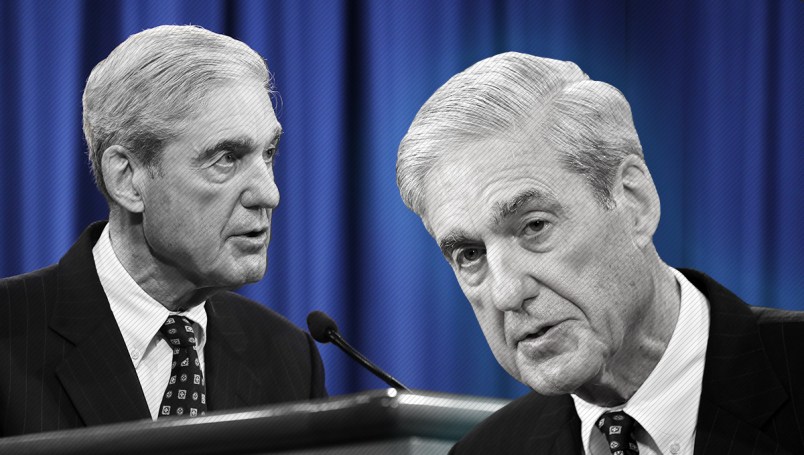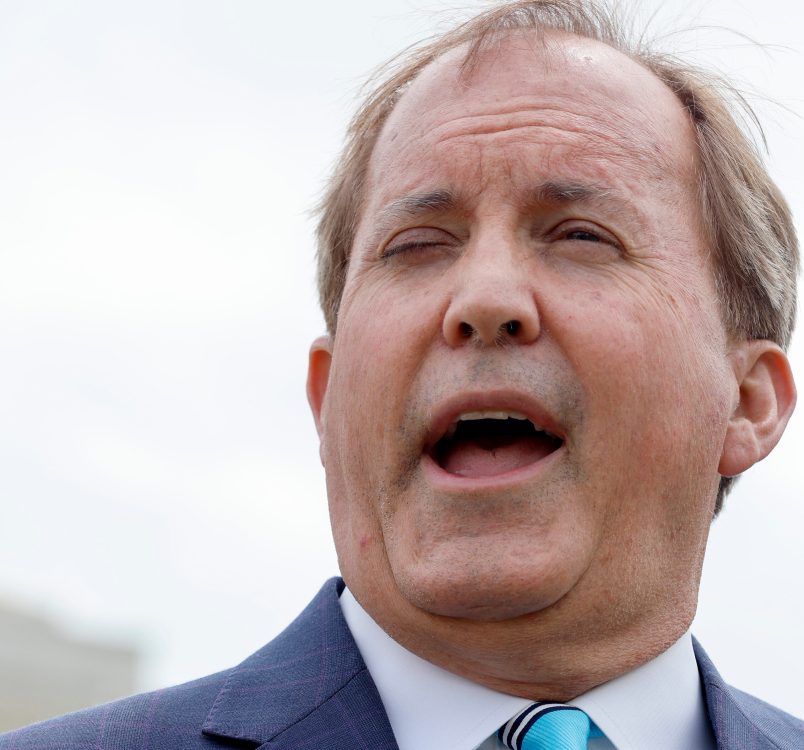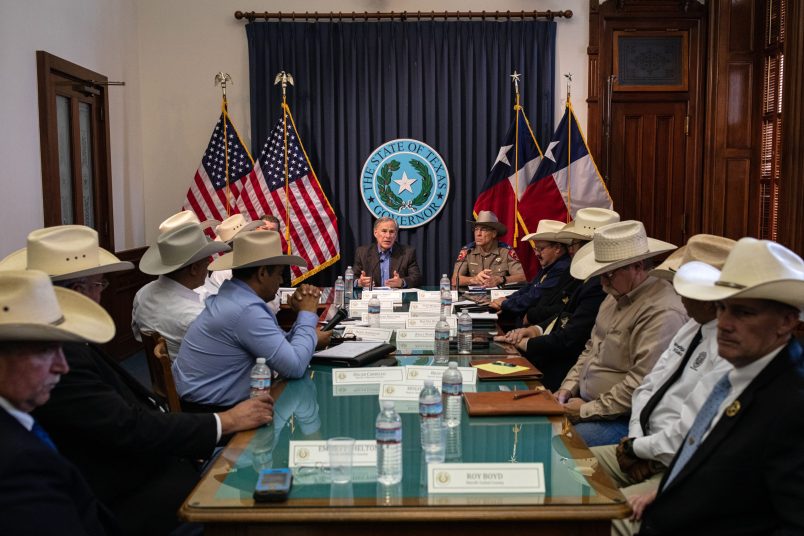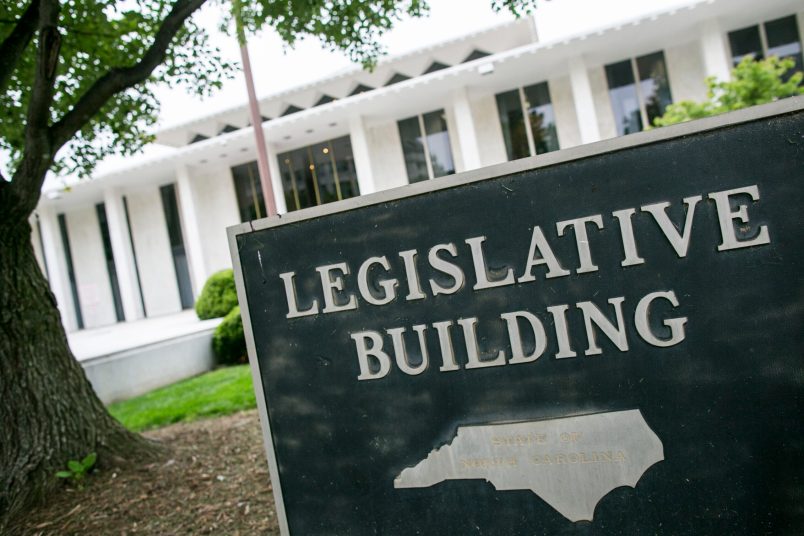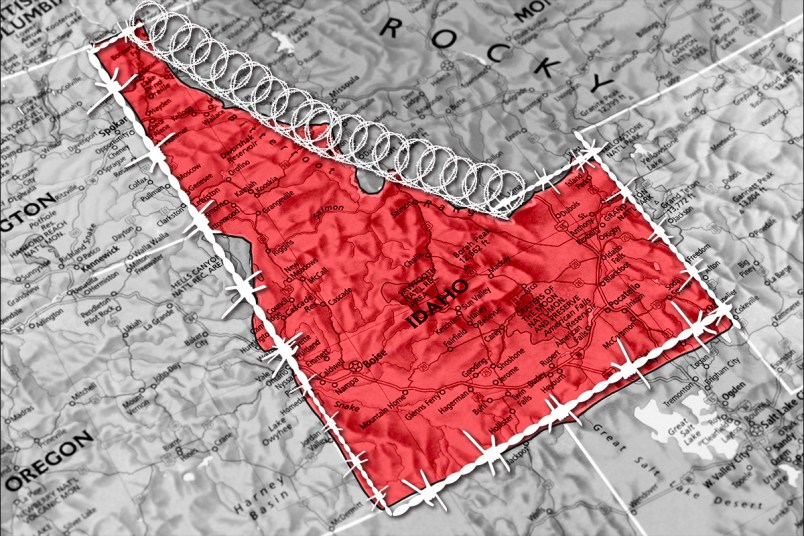He speaks. Special counsel Robert Mueller announced Wednesday that he is resigning from the position due to his investigation’s conclusion. The rest of his in-person statement to members of the media largely reiterated his redacted final report: Mueller felt precluded by an existing Justice Department memo from charging President Donald Trump criminally, he said, and he does not think it would be appropriate to testify beyond his written words.
Here are five takeaways from Mueller’s statement.
If he could’ve cleared Trump’s name, he would have.
Essentially repeating one of the most explosive parts of his report, Mueller said that an existing Justice Department Office of Legal Counsel memo precluded him from charging the President criminally. But the report noted that investigators were not able to clear Trump’s name, either.
“If we had had confidence that the President clearly did not commit a crime, we would have said so,” Mueller said Wednesday. He added: “Even if the charge [against a sitting President] is kept under seal and hidden from public view, that, too, is prohibited.”
Charging the President with a crime, Mueller said, “was therefore not an option we could consider.”
1. “If we had had confidence that the President clearly did not commit a crime, we would have said so.” pic.twitter.com/Q2qYQy3dJd
— TPM Livewire (@TPMLiveWire) May 29, 2019
There are other processes to accuse the President of wrongdoing.
The Justice Department’s OLC memo, Mueller said, “says that the Constitution requires a process other than the criminal justice system to formally accuse a sitting president of wrongdoing.” That’s a reference to impeachment.
2. The Justice Department memo he followed “says that the Constitution requires a process other than the criminal justice system to formally accuse a sitting president of wrongdoing.” pic.twitter.com/KmD3TBMy5q
— TPM Livewire (@TPMLiveWire) May 29, 2019
He doesn’t question Barr’s “good faith” in not initially releasing his report summaries.
Mueller briefly spoke about a letter he wrote to Barr in March, after Barr released a letter summarizing Mueller’s conclusions: In his letter, Mueller effectively said Barr’s summary of his findings was a poor substitute for Mueller’s own summary sections, which were included in the report itself. “There is now public confusion about critical aspects of the results of the investigation,” Mueller wrote at the time.
On Wednesday, Mueller appeared to address the media coverage of his letter. “At one point in time, I requested that certain portions of the report be released and the attorney general preferred to make — preferred to make the entire report public all at once, and we appreciate that the attorney general made the report largely public.”
“I certainly do not question the attorney general’s good faith in that decision,” Mueller said.
3. “I certainly do not question the attorney general’s good faith” in opting not to initially release the report’s summary sections. pic.twitter.com/stZdRntKTl
— TPM Livewire (@TPMLiveWire) May 29, 2019
He doesn’t want to testify.
“Beyond these few remarks, it is important that the office’s written work speak for itself,” Mueller said at the start of his statement Wednesday, stressing that no one had pressured him not to testify. He later said bluntly that “the report is my testimony.”
“I would not provide information beyond that which is already public in any appearance before Congress,” Mueller said, adding: “I do not believe it is appropriate for me to speak further about the investigation or to comment on the actions of the Justice Department or Congress.”
For Democrats who’ve sought Mueller’s public testimony, this was a clear message: He doesn’t think testifying is appropriate.
4. “I do not believe it is appropriate for me speak further about the investigation or to comment on the actions of the Justice Department or Congress.” pic.twitter.com/7WQVrByDom
— TPM Livewire (@TPMLiveWire) May 29, 2019
He ended by focusing on election interference.
Mueller ended with crimes his prosecutors and report did formally allege, indicating their importance.
“I will close by reiterating the central allegation of our indictments, that there were multiple, systematic efforts to interfere in our election,” he said. “And that allegation deserves the attention of every American.”
5. “There were multiple, systemic efforts to interfere in our election. And that allegation deserves the attention of every American.” pic.twitter.com/jd9dOUUfLO
— TPM Livewire (@TPMLiveWire) May 29, 2019


